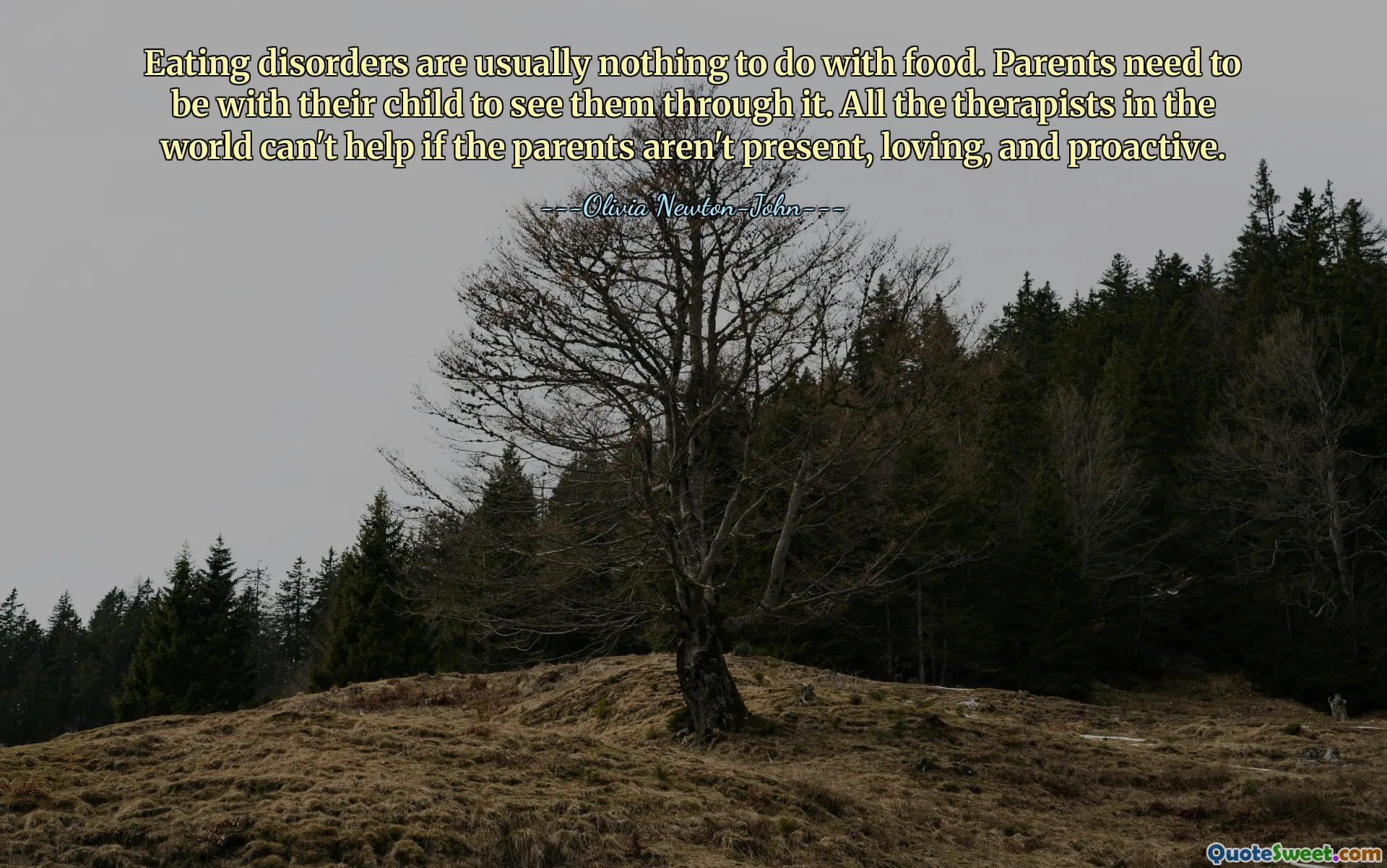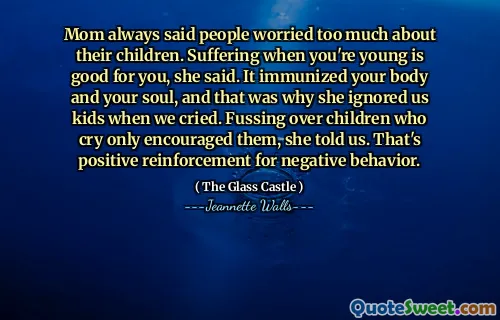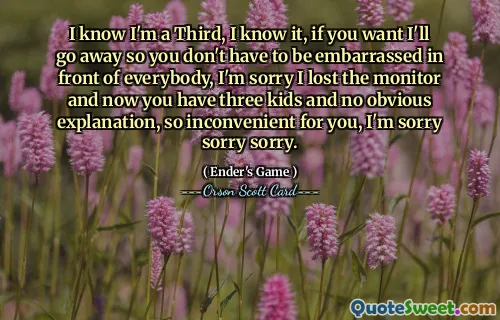
Eating disorders are usually nothing to do with food. Parents need to be with their child to see them through it. All the therapists in the world can't help if the parents aren't present, loving, and proactive.
This quote highlights the profound importance of parental involvement and emotional support in addressing eating disorders. It emphasizes that these disorders often stem from complex psychological and emotional issues rather than just food or physical health. While professional therapists provide essential guidance and treatment, the role of parents remains crucial in the healing process. Their presence, unconditional love, and proactive engagement create a safe environment where a child feels understood and supported, which is often vital for recovery. The idea that therapy alone may not be sufficient encourages a holistic approach—one that prioritizes family dynamics and emotional nurture alongside clinical treatment. Moreover, it acknowledges that healing is not solely the responsibility of healthcare providers; parents have an active role in recognizing early signs, offering reassurance, and fostering resilience. This perspective urges caregivers to prioritize connection, patience, and understanding, reminding us that genuine progress requires consistent emotional availability and unwavering support. Such involvement can greatly influence a child's self-esteem and confidence, empowering them to navigate their internal struggles with a sense of security and hope. The quote serves as a reminder that treatment is an ongoing process that extends beyond appointments, rooted in the everyday acts of love, presence, and proactive caregiving. Ultimately, healing from eating disorders involves a comprehensive approach, where the emotional foundation laid by the family can be as critical as professional intervention.











